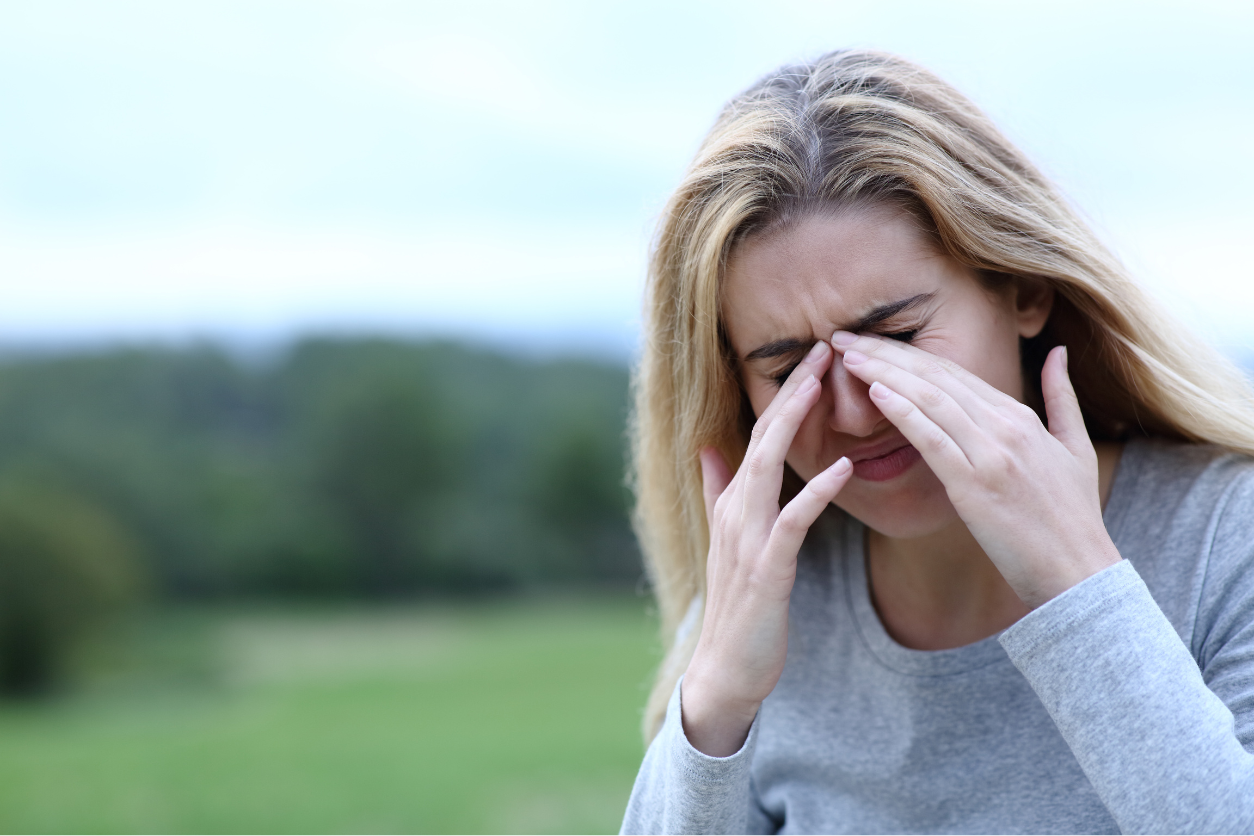Allergies happen when your body reacts to something that’s usually harmless, like pollen, pet hair, or certain foods. If you have an allergy, your immune system thinks these things are dangerous, which can cause symptoms like sneezing, itching, or more serious reactions like trouble breathing. Common allergies include hay fever, food allergies, and reactions to pets or dust.
-
Hay fever (pollen allergy): Sneezing, a runny nose, itchy eyes, and feeling tired during the pollen season.
-
Food allergies: Swelling of the lips, tongue, or throat, stomach pain, and, in severe cases, difficulty breathing or anaphylaxis.
-
Pet allergies: Sneezing, itchy eyes, or a runny nose when you’re around animals like cats or dogs.
-
Dust and mould allergies: Coughing, sneezing, or itchy eyes caused by dust mites or mould in your environment.
Someone with an allergy might experience anaphylaxis (pronounced an-a-fil-ax-is). This is a severe allergic reaction which is potentially life-threatening. It can occur when someone with an allergy is exposed to an allergen – something they're allergic to. Reactions usually begin within minutes and rapidly progress, but can sometimes start up to 2 to 3 hours later. You can read more on the Anaphylaxis UK website. Home – Anaphylaxis UK.
If you have an allergy, it’s important to know what triggers your symptoms so you can avoid it. Depending on the type of allergy, treatments like antihistamines, nasal sprays, or inhalers might help relieve symptoms.
If you are diagnosed with a serious allergy and are at higher risk of anaphylaxis, your doctor may prescribe an adrenaline auto-injector (like an EpiPen) to use in an emergency. It is important for people who have severe allergies to carry an adrenaline auto-injector in case of emergencies.
-
Talk to your school nurse: They can help you identify your allergies and suggest treatments to manage symptoms.
-
NHS Allergy Guide: Find more detailed information about allergies on the NHS website. Allergies – NHS.
-
Allergy UK: Offers support and information for managing allergies. Home – Allergy UK.
-
EpiPen explanation: Here is a guide on using an EpiPen injector. Administering an EpiPen – Allergy UK
-
Jext explanation: Here is a guide on using an Jext injector. Administering a Jext AAI – Allergy UK
